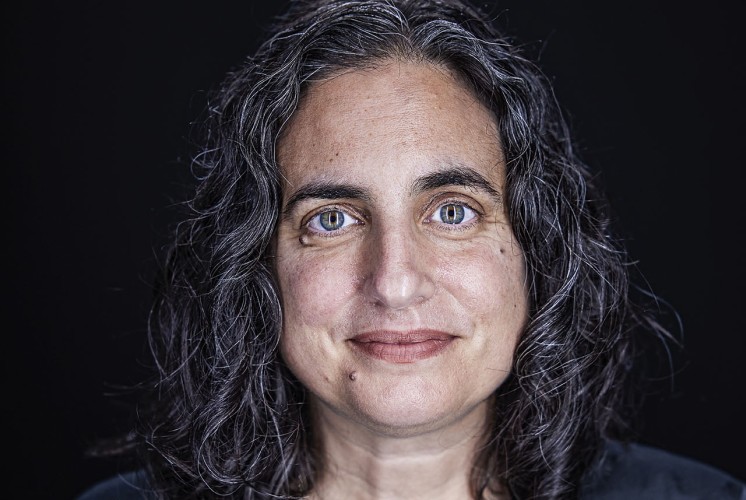This interview has been edited for length and clarity.
Debt Free Justice: Jessica, can you please tell us what you do?
Jessica Feierman: I'm the Senior Managing Director at Juvenile Law Center. We're a national organization fighting for rights, dignity, equity, and opportunity for youth, particularly focusing on young people who are in or at risk of entering the justice and child welfare systems.
DFJ: Can you explain juvenile fees and fines to a lay audience?
Jessica: The juvenile or criminal legal system often takes money from young people and their families. For example, when a child enters the juvenile justice system, they or their family members may be required to pay for the cost of being in court, for the cost of being on probation, for the cost of incarceration.
There are an almost infinite number of ways states take money from children.
DFJ: What's the average amount of debt?
Jessica: We don't have clear information on the average amount that young people incur. We do know it varies widely: some young people may be asked to pay small amounts of money, but far too many can face debt of thousands and thousands of dollars to the court system.
DFJ: When it comes to the timeline, when do young people start incurring fees?
Jessica: The first moment when a young person can incur a fee is when they learn that they have to go to court and they're looking for a public defender. In some places, young people may actually be required to pay an application fee just to seek the help of an attorney. This is true even though every person is entitled to a right to counsel by the Constitution.
DFJ: One has to pay for a public defender?
Jessica: The Constitution makes clear that every person has a to a counsel. Most states ensure this right by providing public defenders. If you can't afford one, one will be provided for you. But all across the country, children or their families are being asked to pay to apply for a public defender, or they're being told, we'll give you a public defender, but your family must reimburse us afterward. In fact, some parents are telling children, “You can't get a lawyer in court because I can't afford it. I need to pay for groceries. I need to pay to get to work.” They just don't have the money to afford it.
DFJ: Tell us about your juvenile justice work.
Jessica: I've been working in the juvenile justice field since 20006 – but I didn’t start working on fees and fines until 2015. Around that time, I heard young people in my community in Philadelphia saying, I have some kind of money that I owe, and if I can't pay it, I have to go to court. I started looking into the problem, and that led to the publication and release of our report Debtors Prison for Kids. After examining laws and practices in all 50 states and hearing from attorneys and young people across the country, we found that this was an incredibly huge problem nationally. That report gained national attention and helped lead to the Debt Free Justice campaign underway today.
With the rest of the members of the Debt Free Justice team, I'm working in states across the country to change these laws so youth and families don’t have to face justice system debt. We support the state and local leadership, young people and family members leading the charge, local advocacy organizations who are trying to abolish this practice. We work on legislative and grassroots campaigns, so that young people and their families can be free of these burdens. I also research new areas of law and practice so that we can deepen our understanding of how money shapes peoples’ experiences with the legal system.
DFJ: And what do you say to someone just learning about this practice and wanting to help change the system?
Jessica: There's a role for everyone in this. Legislatures are willing to change the law on this, whether it's in a red state or a blue state. People can speak out about it and can write to their representatives. They can write op-eds about it. They can connect with us, and we can connect them with ongoing campaigns in their states.
DFJ: What does Debt Free Justice mean to you?
Jessica: No young person should don't go to court and come home and find out that the government has taken money from them and their family members. It's also part of a larger movement to ensure that young people are given the opportunity to grow up, to thrive in their homes and their communities, rather than facing harmful court involvement.
